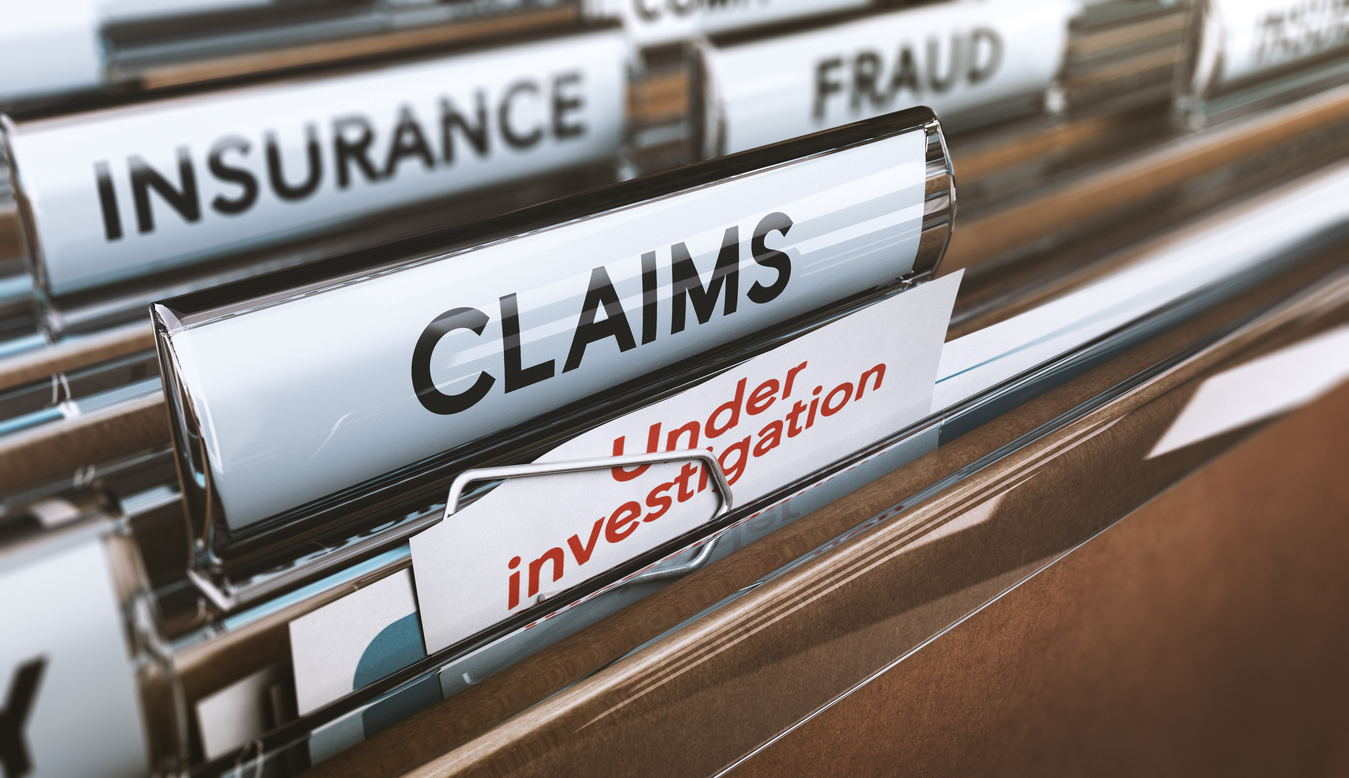What Happens If Your House Is a Total Loss?
Dealing with the aftermath of severe house damage can be overwhelming, especially when it results in a total loss. If your home is declared a total loss, understanding the home insurance total loss payout process is critical to getting back on your feet. This article will guide you through what happens in such cases, what your insurance may cover, and important steps you should take to navigate this stressful period.
What Is a Total Loss?
A home is considered a total loss when the cost to repair the house exceeds its value or when it’s damaged beyond repair due to a disaster like a fire, hurricane, or flood. In such cases, insurance companies deem the home irreparable, and a home insurance total loss payout is usually triggered.
Causes of a Total Loss
- Natural disasters: Hurricanes, floods, earthquakes, and tornadoes often result in irreparable damage.
- Fires: Extensive fire damage can make rebuilding impractical.
- Structural issues: Sometimes, significant structural damage may lead to the condemnation of a property, pushing it to total loss status.
How Does Home Insurance Handle Total Loss?
When your house is considered a total loss, your home insurance policy should cover the costs, but the specifics depend on your policy terms. The home insurance total loss payout typically provides compensation based on your coverage, which could be either actual cash value (ACV) or replacement cost value (RCV).

Actual Cash Value vs. Replacement Cost Value
- Actual Cash Value (ACV): ACV policies compensate based on the depreciated value of your home and belongings. This means that you may not receive enough to fully rebuild your home unless you had specific upgrades in your coverage.
- Replacement Cost Value (RCV): RCV policies cover the cost to replace your home and possessions with new items without accounting for depreciation. This type of policy generally provides a larger payout than ACV.
Which Coverage Is Best?
For homeowners living in disaster-prone areas, opting for RCV is advisable as it offers better financial protection if your house is a total loss. However, it’s important to review your policy limits and confirm the scope of coverage.
What to Expect After a Total Loss?
When a total loss occurs, you’ll need to work closely with your insurance provider to assess the damage and process your claim. Here are the steps typically involved:
1. Initial Assessment
After a disaster, you’ll need to contact your insurance company immediately. The insurer will send an adjuster to assess the damage and determine if the house is a total loss. It’s essential to document the damage yourself through photos or videos.
2. Claim Process
Once the adjuster completes the inspection, you’ll begin the formal claim process. This is when you’ll learn whether the house qualifies for a total loss payout based on the cost of repairs versus the value of the house.
- Keep in mind that insurers may take time to process the claim fully, especially if the disaster has affected a wide area.
3. Receiving the Payout
If the adjuster concludes that the house is a total loss, you’ll receive a payout based on the type of policy you hold (ACV or RCV). This payout can be used to rebuild your home or relocate to a new residence.
4. Rebuilding or Relocating
After receiving the payout, homeowners have the option to either rebuild the home on the same lot or relocate. In some cases, the insurance may cover temporary housing while you make long-term arrangements.
Working with Professionals
It’s crucial to have professional assistance when dealing with a total loss. Public adjusters can negotiate on your behalf to ensure you receive the highest possible payout. Homeowners in Florida can turn to Care Public Adjusters in Florida for expert assistance in navigating these complex claims.
Will Insurance Pay for a Condemned House?
A common concern homeowners have is whether insurance will pay for a condemned house. If your house has been condemned, meaning it has been deemed unsafe for habitation by local authorities, your insurance may still cover the loss, but it depends on the cause of condemnation and the type of coverage you have.
When Condemnation Is Covered
If the house is condemned due to damage from a covered peril like a fire or natural disaster, your insurance is likely to pay for the loss house. However, if it is condemned due to negligence, poor maintenance, or illegal activities, insurance may not cover the costs.
Key Considerations
- Always keep your house well-maintained to avoid denial of claims based on poor upkeep.
- Check with your insurance agent about the specific conditions under which a condemned house would be covered.
Special Considerations for Older Homes
If your home is older or has not been updated to meet current building codes, it may be more susceptible to total loss after a disaster. Insurance companies often offer special coverage known as “ordinance or law” coverage, which helps cover the additional costs of bringing an older home up to current codes after a loss.
How Much Will You Get in a Total Loss Payout?
The home insurance total loss payout will depend on several factors:
- Policy limits: The maximum payout will be determined by the coverage limits set in your policy.
- Deductibles: You’ll need to meet the deductible before your insurance kicks in.
- Additional living expenses: If your policy includes additional living expenses (ALE) coverage, the insurance will cover temporary housing costs while your home is rebuilt or you find a new place to live.
Examples of Total Loss Payout Scenarios
Let’s explore a few scenarios to understand how a total loss payout may play out in different situations:
- Fire Damage: If a fire destroys your home, and you have an RCV policy with a $500,000 limit, your payout would cover rebuilding costs, plus temporary housing if included in your policy.
- Hurricane Damage: In hurricane-prone regions like Florida, having appropriate coverage is crucial. If a hurricane levels your home, and you have sufficient coverage, you could expect to receive a payout that reflects the full replacement cost of the home and belongings. To get help with your claim, you can reach out to professionals like Residential Owners for guidance on navigating this process.
What Should You Do If You Experience a Total Loss?
A total loss can be emotionally and financially devastating, but there are steps you can take to minimize the stress:
1. Review Your Insurance Policy
Make sure you understand your coverage, including policy limits, deductibles, and specific exclusions. Consider upgrading to replacement cost value (RCV) coverage if you currently have ACV.
2. Document Everything
Keep detailed records of the damage, including photos, videos, and any receipts for repairs or temporary housing. This documentation will be essential for maximizing your claim.
3. Work with a Public Adjuster
To ensure you receive the full payout you’re entitled to, it may be helpful to work with a public adjuster. If you live in Florida, you can rely on Care Public Adjusters in Florida to handle the intricacies of your claim.
4. Prepare for a Rebuild or Relocation
Once your payout is processed, you’ll need to decide whether to rebuild on the same property or find a new home. Working with experienced contractors and financial advisors can help you make the best decision for your long-term needs.
Final Thoughts
A total loss can turn your life upside down, but understanding how the home insurance total loss payout works can help you navigate the process with more confidence. Always review your insurance policy, make necessary upgrades, and work with professionals to ensure you receive the compensation you deserve. When dealing with total loss scenarios, the support of expert public adjusters and contractors is invaluable in securing a strong recovery plan.
By staying informed and proactive, homeowners can turn even the most devastating loss into an opportunity for a fresh start.
